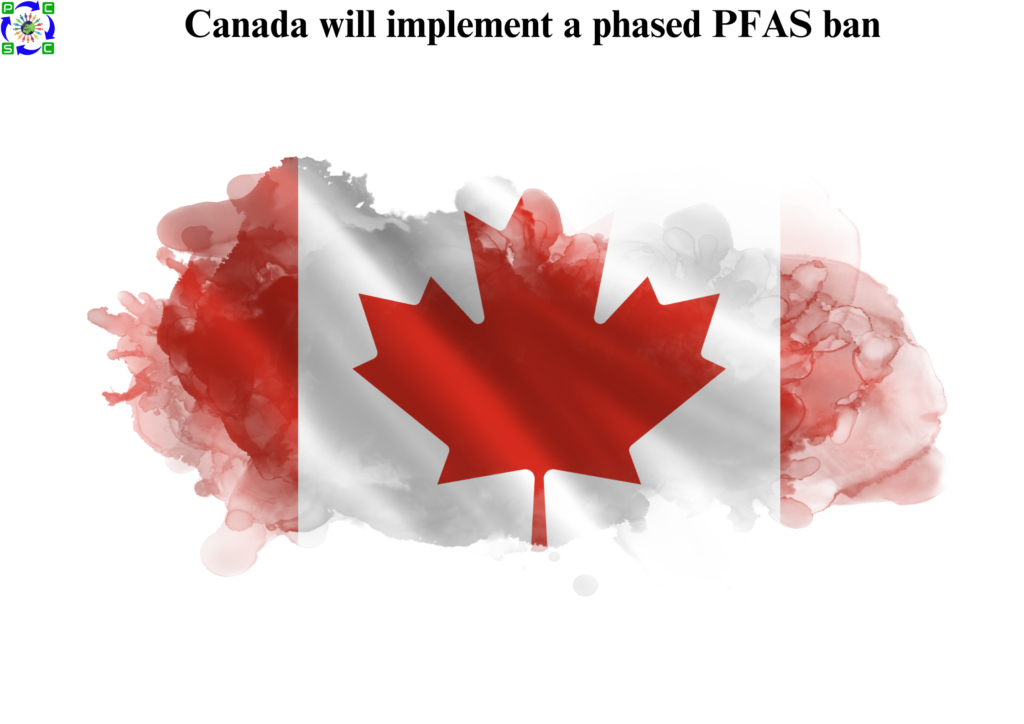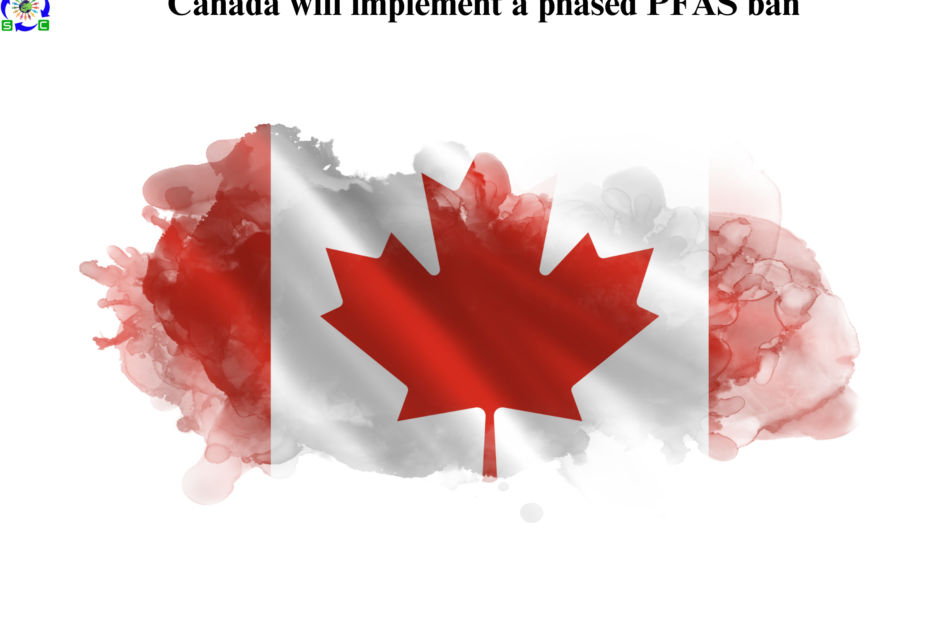 In accordance with Section 77 of the Canadian Environmental Protection Act, 1999 (CEPA), Environment and Climate Change Canada (ECCC) and Health Canada jointly announced on March 8, 2025, their intention to classify per- and polyfluoroalkyl compounds (PFAS, excluding fluoropolymers) in Part 2 of Schedule 1. Through three separate phases, this regulatory endeavor will gradually impose a ban on the consumer and industrial sectors.
In accordance with Section 77 of the Canadian Environmental Protection Act, 1999 (CEPA), Environment and Climate Change Canada (ECCC) and Health Canada jointly announced on March 8, 2025, their intention to classify per- and polyfluoroalkyl compounds (PFAS, excluding fluoropolymers) in Part 2 of Schedule 1. Through three separate phases, this regulatory endeavor will gradually impose a ban on the consumer and industrial sectors.
The Scientific Foundation of Regulation The recently published State of Perfluoroalkyl Substances (PFAS) report and the CEPA Section 64 criteria state that because of their toxicity, persistence, and bioaccumulative nature, PFAS—which are defined as compounds having at least one perfluorinated methyl or methylene carbon atom—need stricter controls. Due to their limited potential for environmental release and structural stability, fluoropolymers—defined as completely fluorinated carbon-chain polymers—remain unrestricted.
Three-Phase Ban Implementation Framework
The Risk management approach for per- and polyfluoroalkyl substances (PFAS), excluding fluoropolymers outlines the following phased approach:
Phase 1 (Immediate Action)
Prohibits all PFAS usage that are not currently controlled and focuses on high-risk firefighting foams.
Phase 2 (Consumer Product Elimination)
Phases out non-essential PFAS applications in:
-
Cosmetics, natural health products, and OTC medications
-
Food packaging materials, additives, and non-industrial food contact items (e.g., disposable tableware)
-
Residential construction materials (paints, adhesives, sealants)
-
Household cleaning/polishing products
-
PFAS-treated textiles (including firefighter gear)
-
Sports equipment (e.g., ski waxes)
Phase 3 (Industrial Transition)
Addresses technically challenging industrial applications:
-
Fluorinated gas systems
-
Human/veterinary pharmaceuticals
-
Medical device manufacturing
-
Industrial food processing materials
-
Mining/petroleum operations
-
Transportation and defense equipment
Adaptive Exemption Mechanism
A “Technological Feasibility Assessment” system will allow temporary exemptions for:
-
Critical safety applications without alternatives
-
Replacement costs exceeding 50% of sector’s 3-year net profits
-
Transitions requiring >5-year timelines (with detailed technical roadmaps)
Stakeholder Engagement
A 60-day public consultation session has been started by the government (March 8–May 7, 2025).
Stay ahead in sustainability compliance with Global PCCS —where expert insights meet the latest regulations. Unlock a future where compliance fuels sustainability, helping your business thrive in a greener, well-regulated world. For more information, contact us at info@globalpccs.com








 Authorised IMDS & CDX Training & Consulting partner for
Authorised IMDS & CDX Training & Consulting partner for






